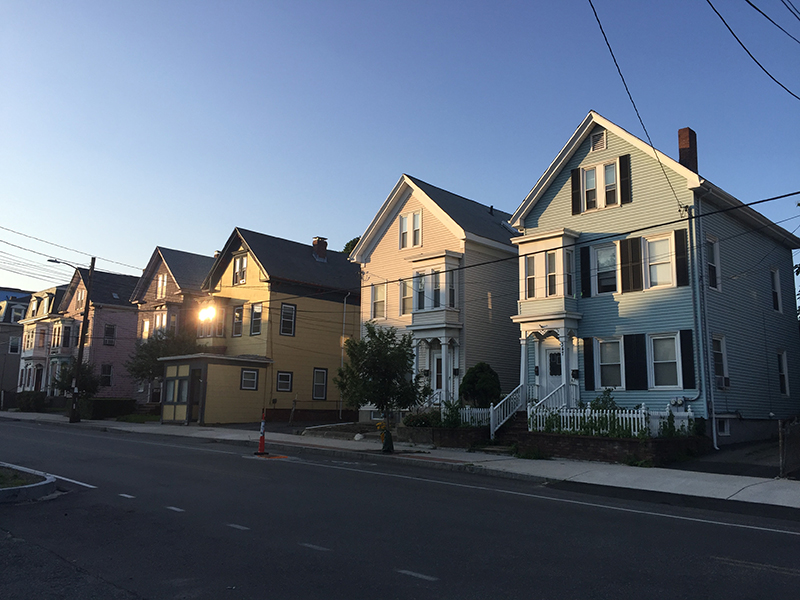
As an industry that houses almost 40 million Americans — many of them people of color — housing providers have a unique responsibility to do all they can to rid their communities of racial injustice and bias. As the nation collectively examines the role systemic racism plays in our society, it’s important to explore how housing providers can make a meaningful difference in righting wrongs.
Civil rights legislation like the Fair Housing Act already mandates that apartment communities be available and open to all, regardless of race. But it’s clear that much more has to be done to eliminate racial inequities and level the playing field. Housing providers such as Avanath Capital Management CEO Daryl Carter are taking steps to address these disparities.
In a discussion with Doug Bibby, President of the National Multifamily Housing Council, Carter outlined an eight-point Call to Action to the apartment industry: “Our communities are quite diverse. About 40% of our communities are comprised of African Americans and Hispanics. And so, what happens in our communities has a very large impact on the wellbeing of people of color.” Put simply, Carter explained, “Without communities of color, we would not have viable businesses today.”
Carter’s eight-point plan focuses on several factors meant to address racial disparities that persist. It encourages more investment capital in communities of color, accept more residents with Section 8 vouchers. Importantly, the plan calls on the industry to accelerate diversity at all levels and functions of their organizations from a robust talent pipeline to seats on boards of directors.
His plan also features steps meant to improve relations with local law enforcement and elected officials, elevating community voices. Carter recalled encounters he’s had with younger residents: “People of color don’t get a lot of voice in terms of things that have to do with their homes. I’ll go visit one of our communities and see a young African American child who will look at me and say, ‘he owns our apartments.’ And I always turn to them and say, ‘No, this is your home. I just take care of it for you.’”
Taking care of apartment communities and the people that call them home should be at the forefront of everything housing providers do. Reflecting on his dialogue with Carter, Bibby echoed Carter’s sentiment: “We are falling short in making sure that all elements of our society have a fair shot at a better life. And that means adequate housing and health care, it also means access to employment and opportunities for careers. And as you mentioned earlier, communities of color traditionally receive less investment in all of those categories. We can do our part to reverse that regrettable course.”




